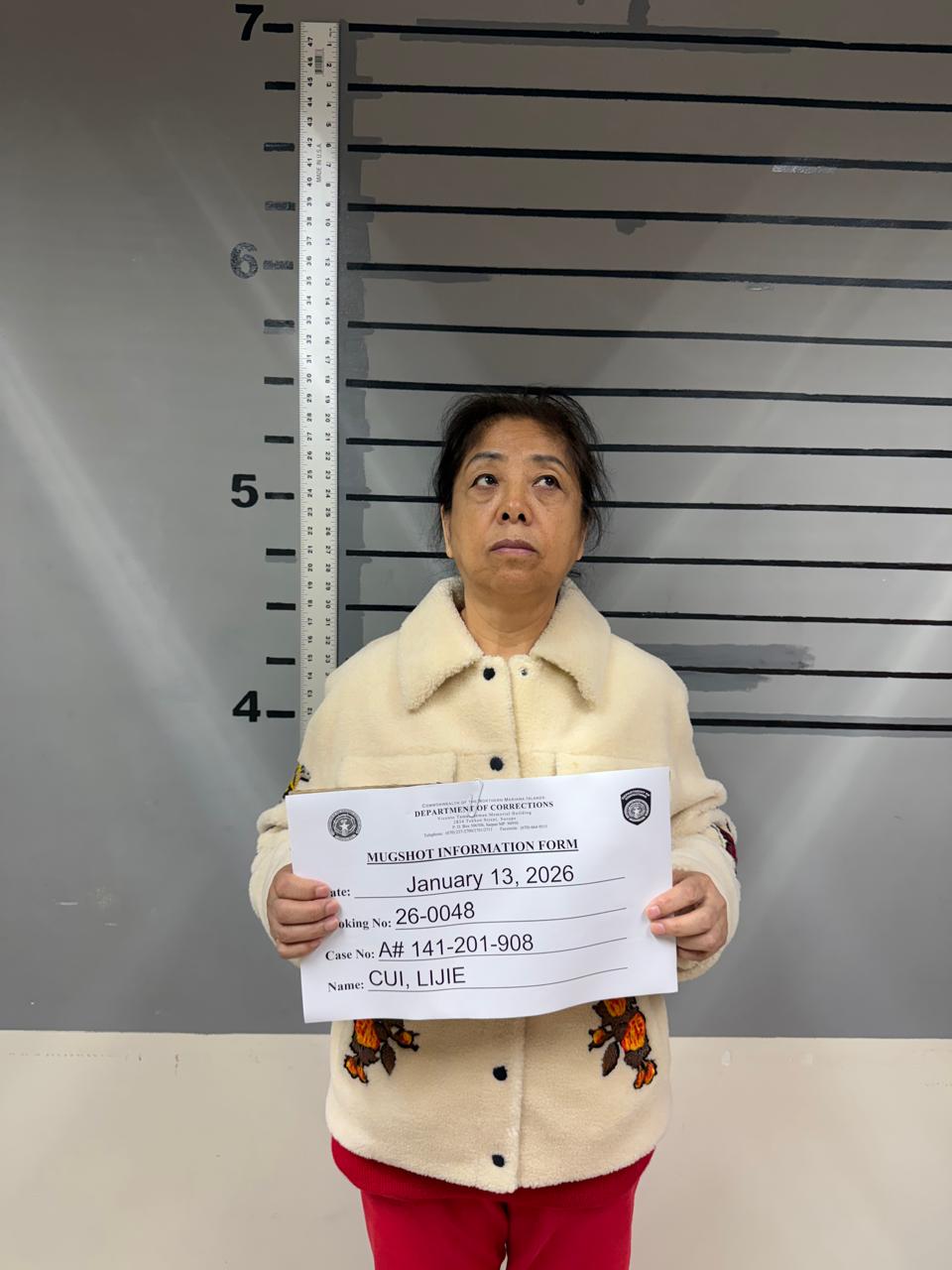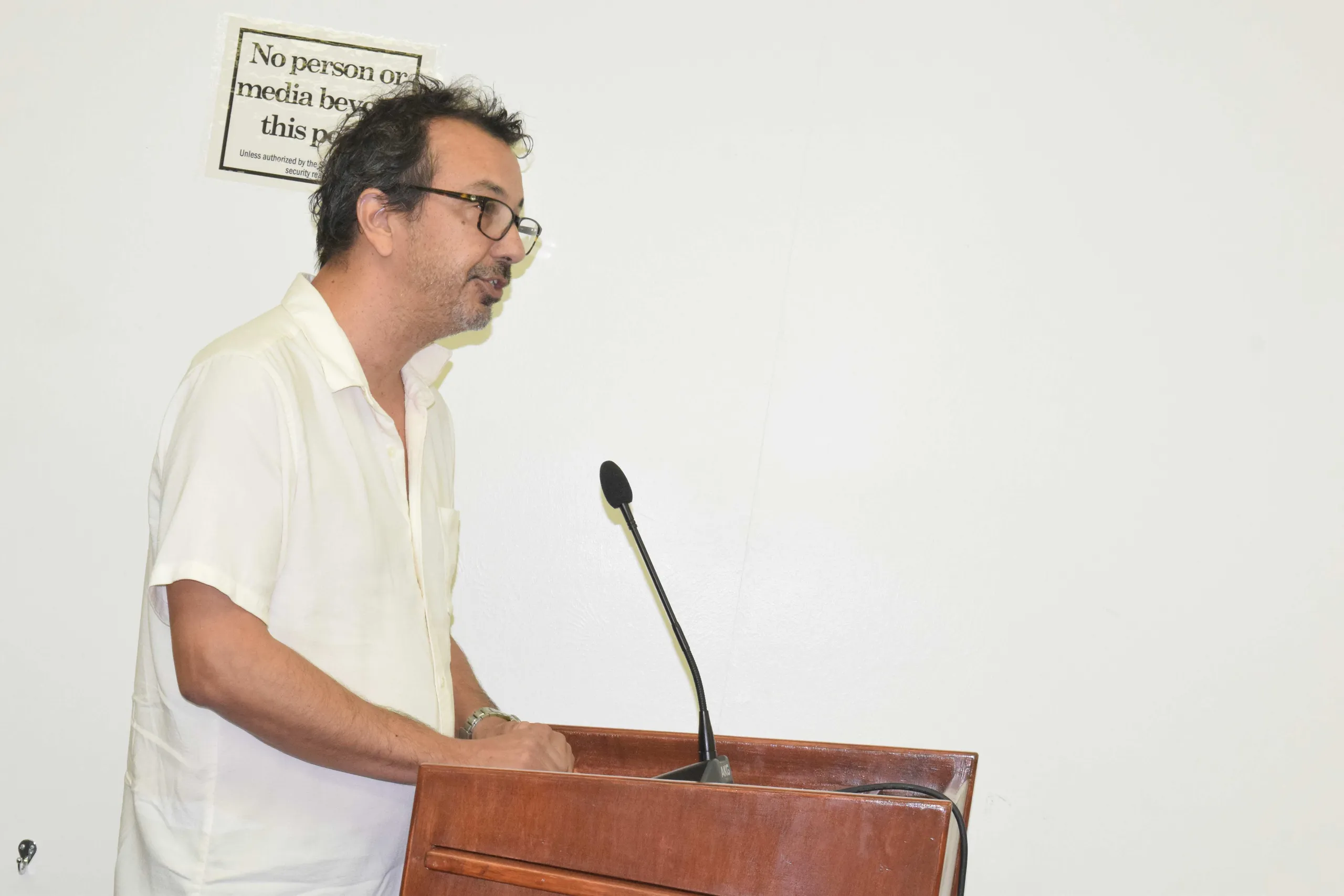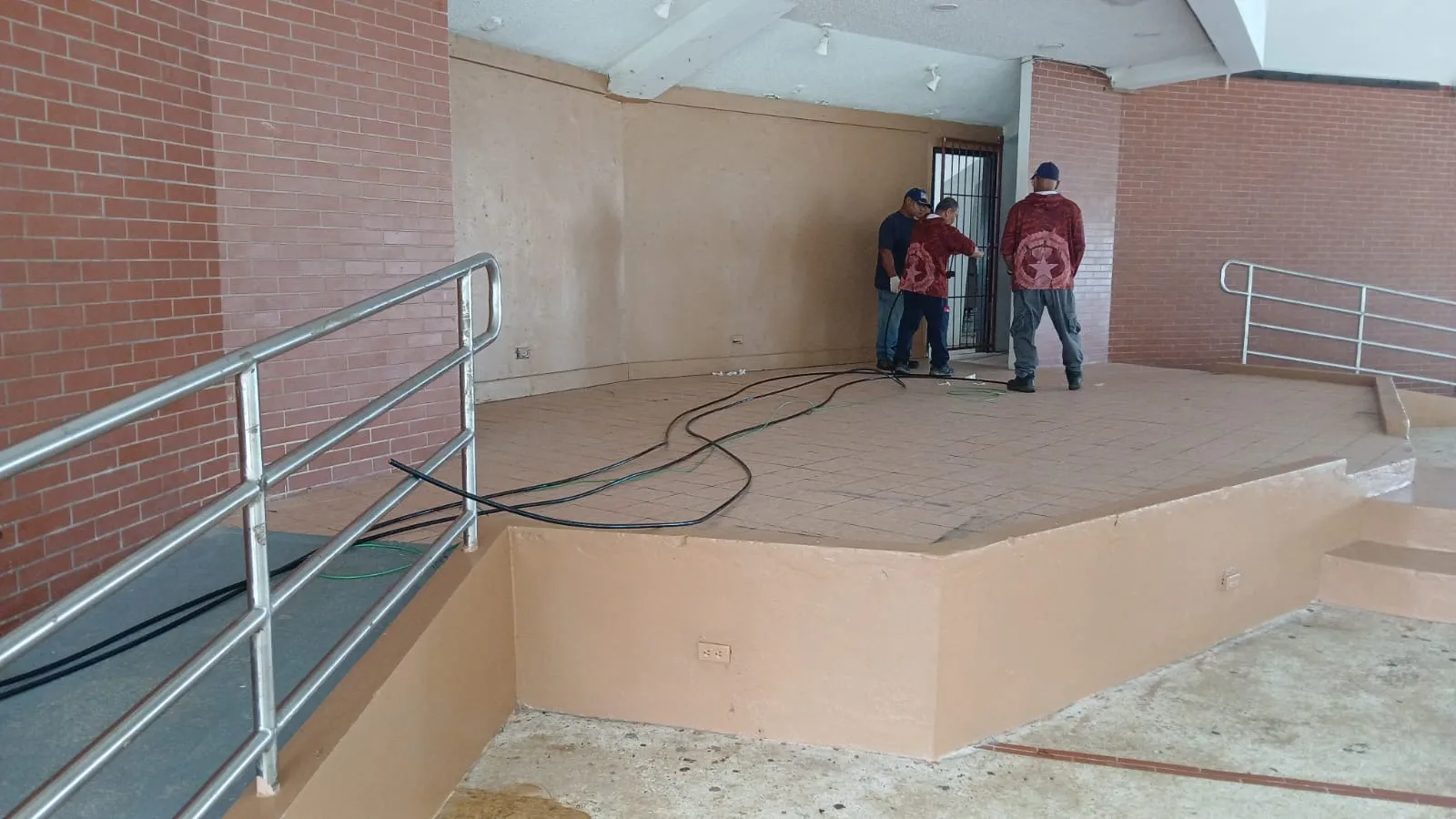(CNMI Judiciary) — On Oct. 14, 2025, the local Supreme Court affirmed the Superior Court’s order granting Long Feng Corporation and Guo Wu Li’s Rule 41(b) motion to dismiss. The dismissal was based on the appellants’ failure to prosecute their case.
The dispute began in March 2018, when DS Corporation and Dae Sun Eo filed a lawsuit seeking to evict Long Feng Corporation and Guo Wu Li from a commercial building. However, by December 2022, the case had stalled significantly. The trial court ordered the plaintiffs to appear at a hearing with legal counsel, warning that failure to do so could result in dismissal.
Despite the warning, the plaintiffs did not appear with counsel, and in July 2023, the trial court dismissed the case under Rule 41(b) for failure to prosecute.
In reviewing the dismissal, the CNMI Supreme Court applied the five-factor test commonly used to evaluate Rule 41(b) motions:
• The public’s interest in expeditious resolution of litigation
• The high court’s need to manage its docket
• The risk of prejudice to the defendants
• The public policy favoring decisions on the merits
• The availability of less drastic sanctions
The high court found that all five factors supported dismissal, noting that the plaintiffs had taken no substantive action for over three years — aside from changing attorneys — and had failed to attend mandatory hearings. As a result, the CNMI Supreme Court concluded that the trial court had not abused its discretion.
Additionally, the CNMI Supreme Court reiterated the importance of the Superior Court Clerk of Court issuing a separate judgment document once a court order is made. When a judgment is not entered separately, parties must wait 150 days before an appeal can be transmitted to the CNMI Supreme Court. This delay unnecessarily prolongs the litigation process and undermines judicial efficiency.
The full opinion can be read on the Law Revision Commission website: https://cnmilaw.org/pdf/supreme/2025-MP-08.pdf











